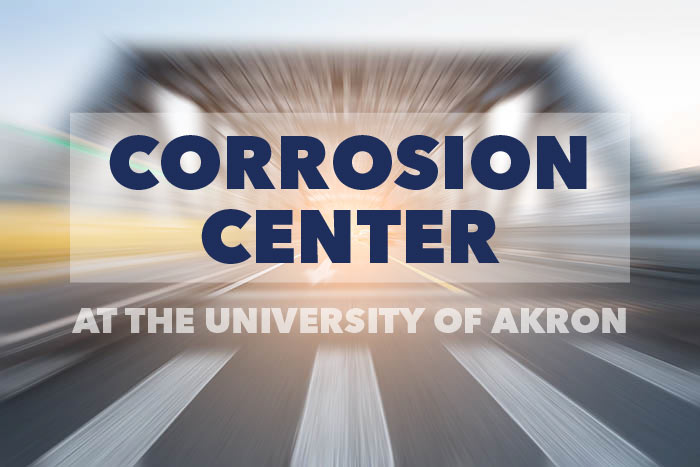Fatigue Equipment Lab
The testing equipment related to small-scale static and fatigue testing of metallic and non-metallic materials will be housed in this laboratory.
Enhancing NCERCAMP’s Capacity to Support Research
The mechanical testing systems housed in this laboratory provide the versatility and high-performance solutions necessary for accurate and repeatable static and dynamic material and component testing before and after corrosion degradation. This laboratory falls into the category of prototyping and testing lab. The test equipment can be configured for a wide range of tests, including fatigue crack growth, high-cycle fatigue, low-cycle fatigue, fracture toughness, tension and compression. These test systems are suitable for testing a range of materials including plastics, elastomers, aluminum, composites, steel and super alloys. Full and standalone systems in this lab include the load frame, controller, software, grips and fixtures, environmental simulation capabilities, extensometers and hydraulic power units (housed in the adjacent utility room ERC 120C).
Equipment & Lab Uniqueness
The following items will be placed in this laboratory:
- Cortest SSRT testing machine for slow strain rate testing
- MTS Landmark C45.105 servo-hydraulic test system for static and fatigue tests – 55 kip rated capacity
- MTS Landmark™ Servohydraulic Test System
In addition to the above major pieces of equipment, three data acquisition systems (DAQ) will be added to support the data acquisition needs for each of the test systems for collecting the data and signal processing during the related mechanical testing.
Deliverables
This lab will provide the required support for the evaluation and determination of the corrosion related degradation and residual life prediction modeling. In particular, the lab will provide the needed experimental data related to corrodible infrastructure that can be readily used for the remaining life predictions.

